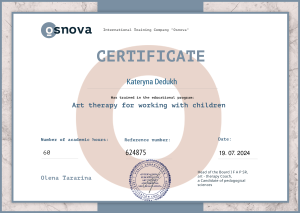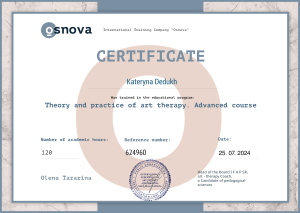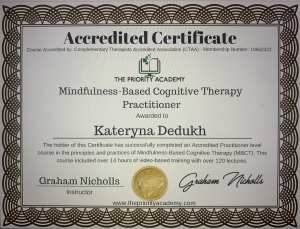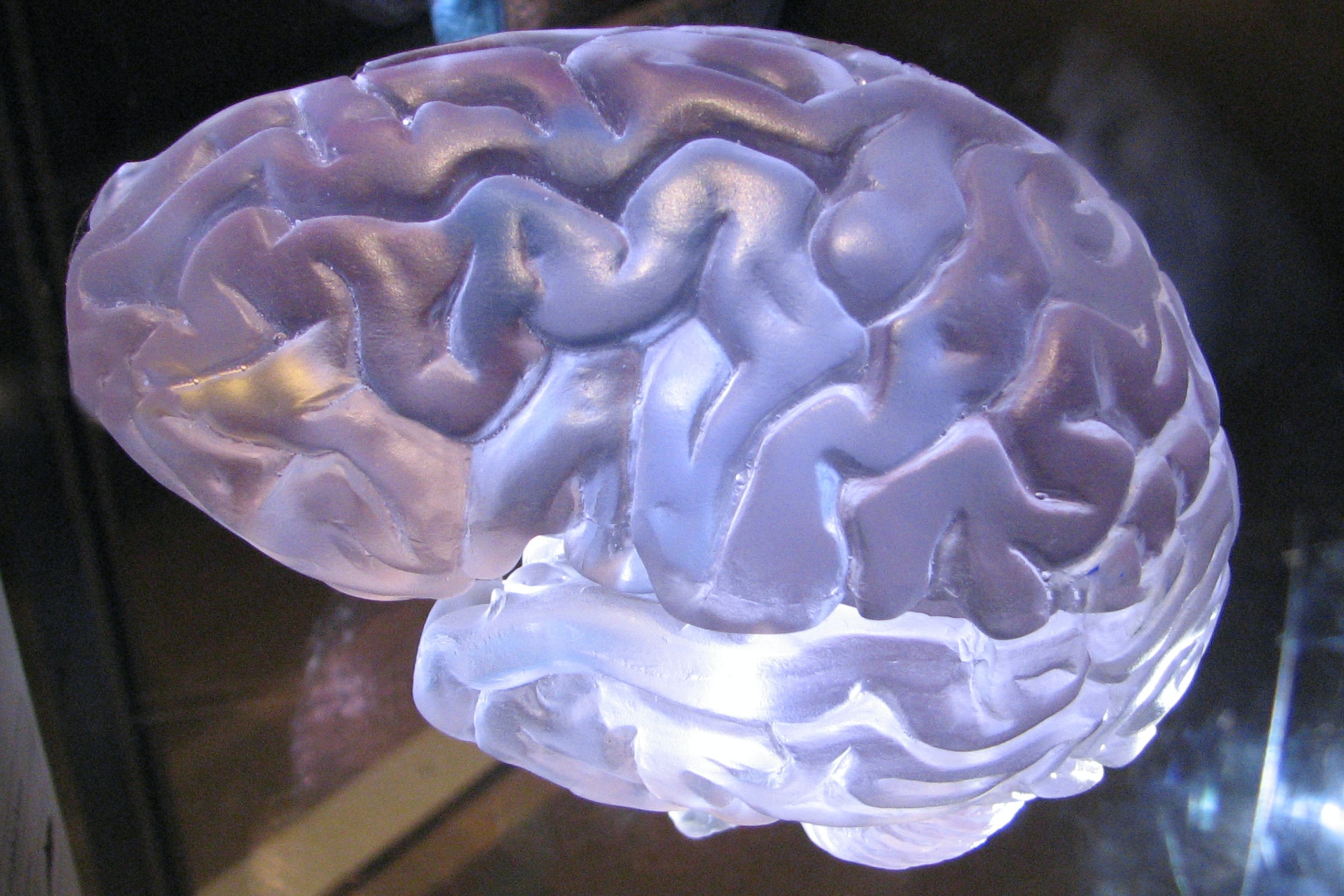Katherine Dedukh
HypnotherapistI am an expat from Estonia living in both cities Lisbon and Tallinn. My native languages are Russian and English because I have moved around a lot and studied in international schools all my life. I did my degree in psychology and psychological training in the UK and now have my own hypnotherapy practice with clients all over the world. Clinical hypnosis is a great tool I discovered for myself and for my clients. It gives access to the unconsciousness right away and helps people in a short period of time. I am passionate about helping people. I work a lot with expats like myself and help people find solutions to their problems.
I work with adults, kids 6+, individuals in the prenatal and postpartum stages.
I also work a lot with neurodivergent children, and gifted children.
I am trained in London College of Clinical Hypnosis – Portugal
. I am a part of AHCP – Associação de Hipnose Clinica de Portugal

Additional certifications:
Art therapy for children and adolescence.
Osnova school and Federation of Art therapy and Personal self-realization.
Duration: 6 months

Advanced course in art therapy.
Osnova school and Federation of Art therapy and Personal self-realization.
Duration: 1 year

Mindfulness-based Cognitive Therapy course.
The priority academy and Complimentary therapists Association (CTAA). Membership number: 10662322

Requests I work with:
- Anxiety and stress
- Depression
- Grief
- Emotional regulation
- Sleep disorders (insomnia, night terrors)
- Phobias
- Motivation issues or procrastination
- Panic attacks
- Chronic pain
- Anger
- Low self-esteem and confidence issues
- Weight management and weight loss
- Nail biting
- Skin conditions (e.g eczema)
- Bruxism
- Irritable bowel syndrome (IRS)
- Smoking addiction
- Reducing somatic symptoms
- Migraines and tension headaches
- High blood pressure
About Clinical hypnosis
Hypnosis is a natural state of deep relaxation and focused attention, similar to what you might experience during deep meditation or when you’re fully absorbed in a task. In this state, the conscious mind becomes quieter, allowing easier access to the unconscious mind, where lasting change and insight can occur.
While in hypnosis, you remain fully aware and in control—in fact, many people describe feeling even more in touch with their inner thoughts, emotions, and bodily sensations. It’s not about losing control; it’s about gaining clarity and connection.
Think of this process like flying a plane: you are the pilot, and I’m here as your co-pilot, guiding you safely toward your desired destination. My role is to support you in reaching a relaxed, focused state where your intentions can take root and grow.
You always have the power to accept, reject, or pause anything that doesn’t feel right to you. If there’s ever a moment you feel uncertain or can’t recall something—which is uncommon—I’ll be here to gently guide you back and provide support.
This is your journey, and you’re in the driver’s seat. I’m simply here to help you navigate it with greater ease and confidence.
Ancient Roots: Practices similar to hypnosis have existed for thousands of years. Ancient Egyptians and Greeks used trance-like rituals for healing purposes.
18th Century:
Franz Anton Mesmer, an Austrian physician, popularized a method called “animal magnetism,” which involved inducing trance states. Though controversial, his work laid the groundwork for modern hypnosis.
19th Century:
James Braid, a Scottish surgeon, coined the term hypnotism in the 1840s and approached it from a more scientific, psychological angle.
Jean-Martin Charcot and Pierre Janet in France used hypnosis to study hysteria and other mental conditions.
Sigmund Freud experimented with hypnosis in his early work before developing psychoanalysis.
20th Century:
Hypnosis gained legitimacy as a clinical tool. During World Wars I and II, it was used to treat soldiers with shell shock (now PTSD).
Milton H. Erickson, a psychiatrist and psychologist, revolutionized clinical hypnosis with more flexible, indirect approaches that remain influential today.
Modern Era:
Today, clinical hypnosis is recognized by organizations like the American Psychological Association (APA) and is used as a complementary technique in medicine, psychotherapy, dentistry, and pain management.
.
Clinical hypnosis can help solve a variety of problems such as:
anxiety and stress
depression
grief
sleep disorders (insomnia, night terrors)
phobias
motivation issues or procrastination
panic attacks
chronic pain
low self-esteem and confidence issues
weight management and weight loss
nail biting
skin conditions (e.g eczema)
bruxism
irritable bowel syndrome
smoking addiction
reducing somatic symptoms
migraines and tension headaches
high blood pressure
cancer support ( combined with medical)
addiction support (combined with medical)
The amount of sessions will depend on your request. On average it is between 3-10 sessions.
It you want to quit smoking, 3 sessions are enough but if oyu need help with anxiety or a deeper problem, it can be up to 10 sessions.
One session costs 80 euros. The duration is 1 hour.
Price to quit smoking costs 300 euros and includes 3 sessions.
During the first session we will talk about your request and make a plan, as well as, test your Hypnotic susceptibility. If all goes well, we will schedule our next session.







